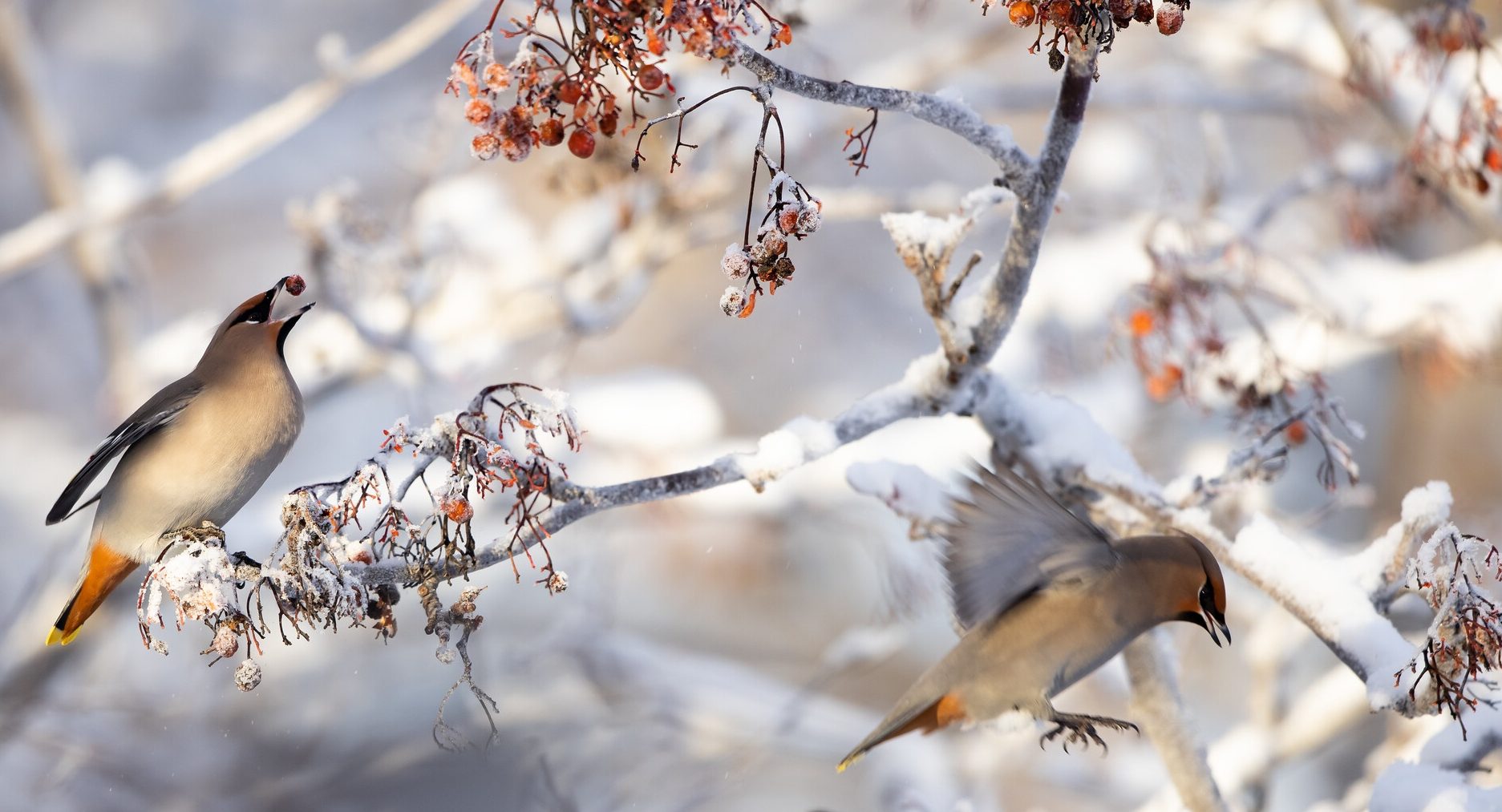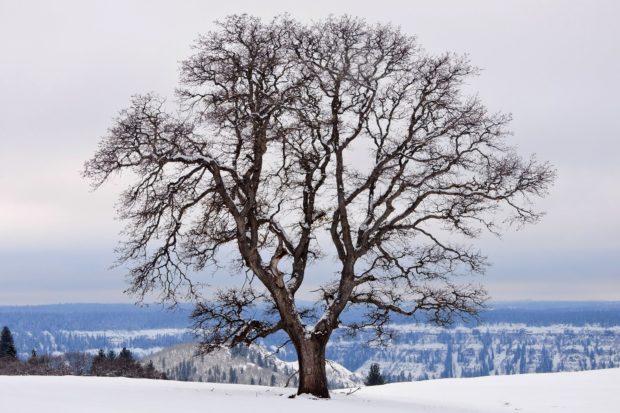We have much more to do and your continued support is needed now more than ever.
Tu B’Shevat 2022, Jewish Earth Day

Tu B’shevat is a Jewish holiday, considered the Jewish Earth Day, and occurs on the 15th day of the Hebrew month of Shevat. In 2022, Tu B’shevat begins at sunset on Sunday, January 16th, and ends in the evening of Monday, January 17th. It is also called Rosh HaShanah La’Ilanot, literally ‘New Year of the Trees’.

Traditionally, Tu B’Shevat was not a religious festival. Rather, it marked an important date for Jewish farmers in ancient times. When planting a new tree, it was forbidden to eat the fruit from that tree for the first 3 years. The fruit of the fourth year was to be offered to the Temple as a gift of gratitude for the bounty of the land, and the fifth-year fruit–and all subsequent fruit–was finally for the farmer. This law, however, raised the question of how farmers were to mark the “birthday” of a tree. Rabbis, therefore, established the 15th of the month of Shevat as a general “birthday” for all trees, regardless of when they were actually planted.
In modern times, Tu B’shevat has developed into an ecological holiday that reminds Jews of our connection to the earth and to our role as caretakers of the environment. The holiday is an ancient and authentic Jewish “Earth Day” that educates Jews about the Jewish tradition’s advocacy of responsible stewardship of the land as manifested in ecological activism.
Tu B’Shevat is celebrated by eating fruit, particularly grapes, figs, pomegranates, olives, and dates. In addition, the holiday is seen as a tree-planting festival, in which Jews around the world plant local species of trees. Many Jews hold a B’Shevat Seder. This Seder became a new way to reaffirm the spiritual bond with the land, in celebration of the approach of spring and the fruit of the earth.
- If you would like to learn more about restoring the health and function of your local ecosystem through planting native plant species, we encourage you to check out the Native Plant Finder.
- If you would like to learn more about how the National Wildlife Federation is expanding the world inventory of trees to protect and improve natural resources, we encourage you to check out Trees for Wildlife.
- If you would like to learn more about how you can get native plants sent right to your door, we encourage you to check out Garden for Wildlife.
- If you would like to learn more about how the National Wildlife Federation is working alongside local partners to assist houses of worship and their communities with project planning and technical expertise to increase native plant gardens, check out Sacred Grounds.






















